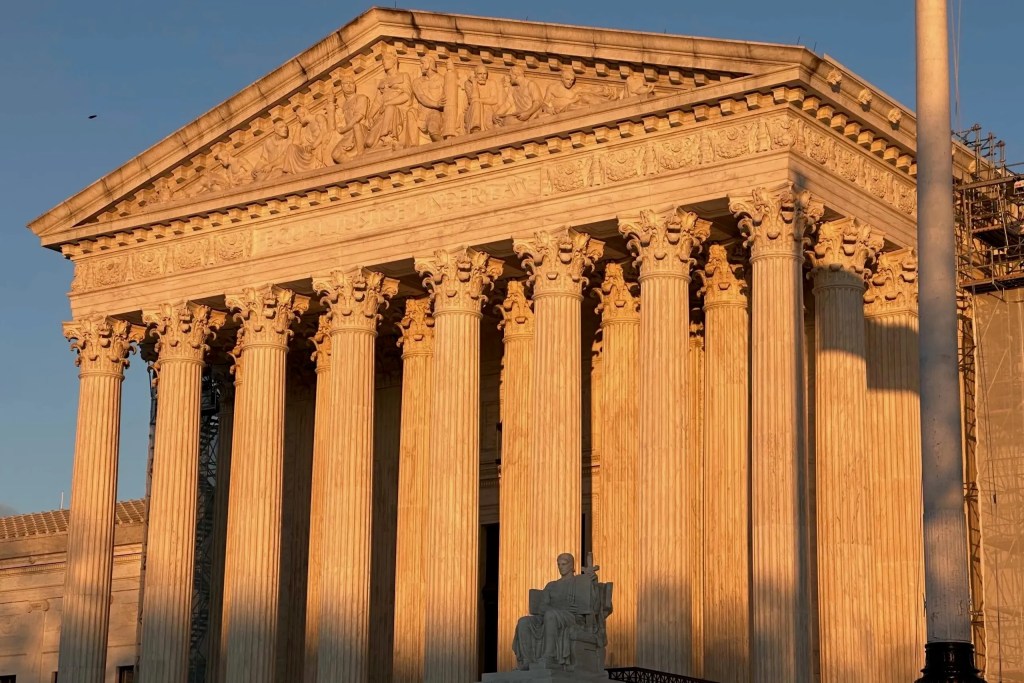Justices to consider constitutionality of tax foreclosure sales
Democrats ask Supreme Court not to disrupt New York redistricting dispute
What the Justice Department overlooks in its historical argument to end birthright citizenship
SCOTUStoday for Friday, February 20
More news
Can courts excuse late removals to federal court?
As many law students learn in their civil procedure course, when a plaintiff files suit in state court asserting a claim over which a federal district court would have jurisdiction, federal law permits the defendant to remove the case to federal court. But the defendant must act quickly: 28 U.S.C. § 1446(b)(1) requires the notice of removal to be filed within 30 days of receiving the complaint or being served with process. The question in Enbridge Energy LP v. Nessel – on which the court will hear argument on Feb. 24 – is whether district courts are authorized to extend (or “equitably toll”) this 30-day deadline for excusable reasons.
Continue ReadingSupreme Court updates recusals process
The Supreme Court on Tuesday revealed that it has put new software in place to “assist in identifying potential conflicts” of interest for the justices. In a press release issued by its Public Information Office, the court announced changes to its rules – which, it explained, are generally “designed to support operation” of that software.
Continue ReadingThe anticipated criminal law decisions and arguments for the rest of this term
ScotusCrim is a recurring series by Rory Little focusing on intersections between the Supreme Court and criminal law.
Today’s column is my busman’s holiday project: providing nerd-like numbers and information focused solely on Supreme Court cases that address criminal law issues.
This is especially relevant given that the court has now posted its calendar for the final argument session of the 2025-26 term, with oral arguments to take place from April 20-29. And the court will also begin issuing more “headline” opinions this coming Friday. Aside from boring civil cases like birthright citizenship or firing a governor of the Federal Reserve 😀, we are awaiting some big criminal law decisions. And some hugely significant criminal law cases still have oral arguments upcoming (there will be three two-week oral argument sessions at the end of February, March, and April).
Continue ReadingSupreme Court to hear arguments on confiscations by Cuban government
It has been more than 65 years since Cuba’s communist government came to power and confiscated large swaths of assets owned by U.S. businesses in Cuba. On Monday, the Supreme Court will hear oral arguments in a pair of cases brought by two of those U.S. businesses, which are seeking to recover those decades-old losses under a 1996 law that targets the Cuban regime.
Continue ReadingA return to the separation of powers
Please note that SCOTUS Outside Opinions constitute the views of outside contributors and do not necessarily reflect the opinions of SCOTUSblog or its staff.
In recent years, the Supreme Court has gradually abandoned an idea – the separation of powers – that the Framers thought was vital to the preservation of liberty. Instead, the court seems to have been captured by a different – and, I would argue, contrary – idea: a strong presidential system supported by a concept known as the “unitary executive,” which advocates that the president has total authority over the executive branch.
Continue Reading